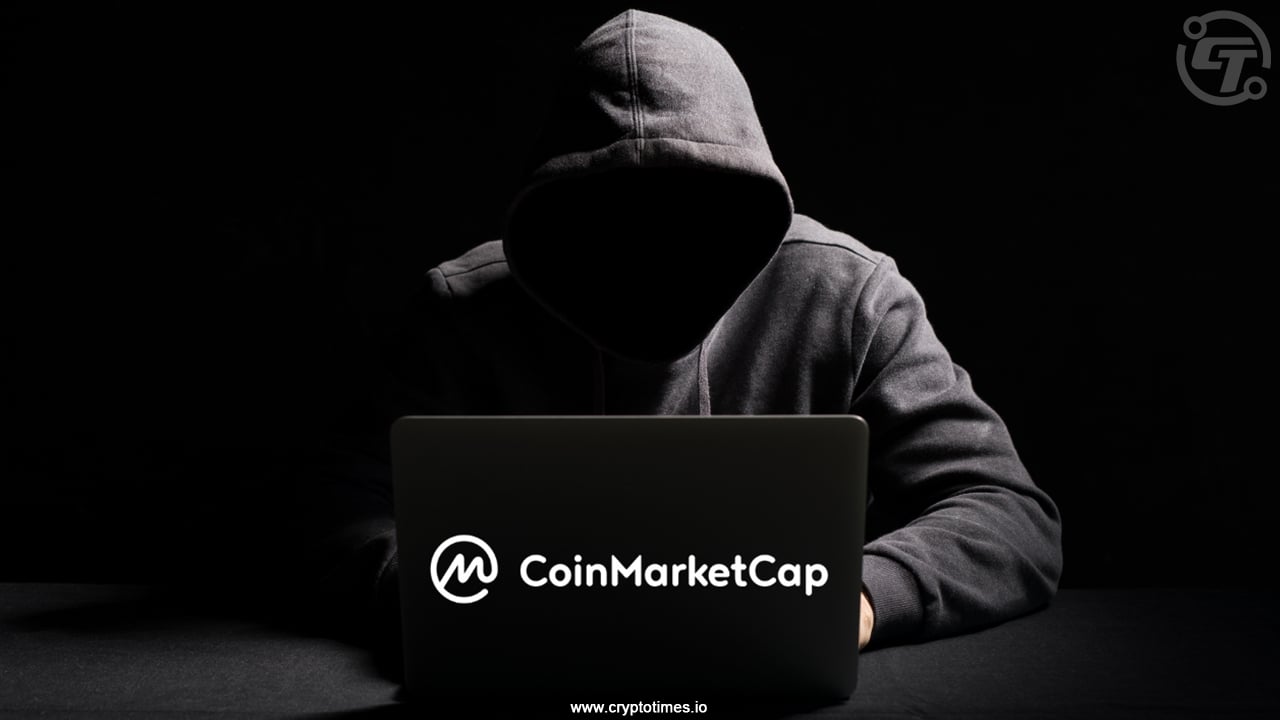Crypto scams are rising at an alarming rate, prompting CoinMarketCap to issue repeated warnings to protect traders. The company posted on X, making it clear that it does not have its own token. Any offer or promotion for so-called “CMC-Tokens” is completely fake and could be a scam.
These warnings come as scammers are increasingly using well-known crypto brands to trick both new and experienced traders. CoinMarketCap repeated this alert on July 25 and again on August 6, showing just how serious and ongoing the problem is.
The platform had warned about impersonators focusing on retail investors the day before.
The team made it clear that it would never call people and that it does not have an official phone number. Consequently, it urged the crypto community to remain vigilant and double-check all communications.
Rising Scam Operations Across the Industry
Besides fake token schemes, scammers are using crypto ATMs and other platforms to deceive investors. DC Attorney General Brian Schwalb filed a lawsuit against Athena Bitcoin for allegedly enabling scams.
According to Schwalb, 93% of Athena’s deposits in its first five months in DC came from fraudulent activities. He revealed that Athena charged hidden fees of up to 26% per transaction while ignoring obvious signs of fraud.
“Athena knows that its machines are being used primarily by scammers yet chooses to look the other way,” Schwalb stated.
U.S. Sanctions Global Scam Networks
Notably, the U.S. Treasury Department has slapped sanctions on 19 individuals and entities linked to major cryptocurrency scams.
These operations, which are reportedly based in Myanmar and Cambodia, have been accused of employing forced labor, violence, and coercion to operate their fraudulent platforms. OFAC identified nine scam operators in Shwe Kokko, a notorious hub for organized crime.
These developments show the need for tighter regulations and stronger investor awareness. Staying aware and cautious may help in defense for all crypto users.
Also Read: BubbleMaps Flags $170M MYX Airdrop Exploit Via Sybil Attack













